Stigma embraces both prejudicial attitudes and discriminating behaviour towards individuals with mental health problems and the social effects of this include exclusion poor social. An example of structural stigma in mental health is statutes that restrict a persons parental rights because of past history of mental ill-ness.
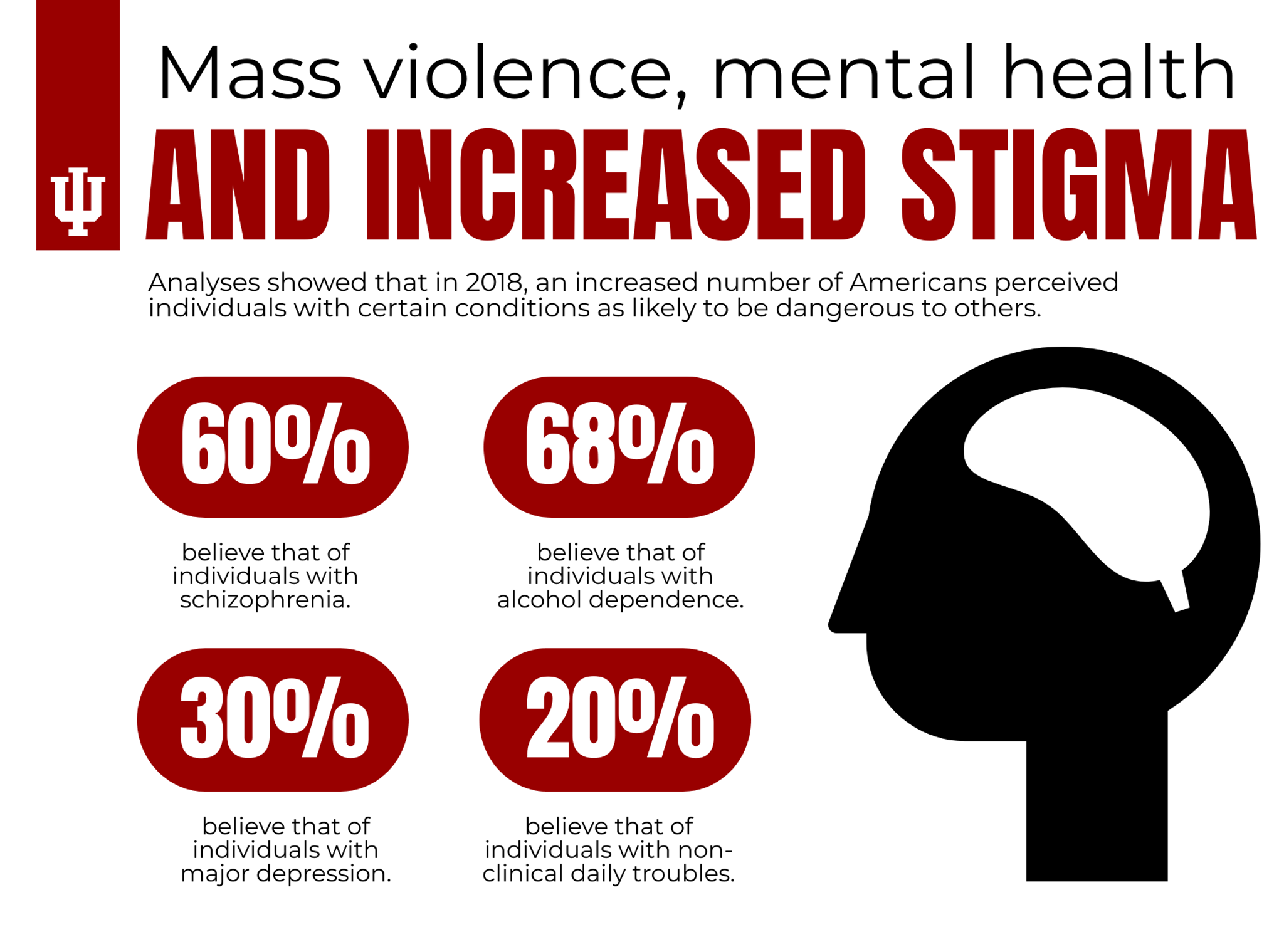 Focus On Mental Health As Cause Of Mass Violence May Be Increasing Stigma Wbiw
Focus On Mental Health As Cause Of Mass Violence May Be Increasing Stigma Wbiw
Stigma around mental health Mind Mental health problems an introduction Explains what mental health problems are what may cause them and the many different kinds of help treatment and support that are available.

Stigma and mental illness. After a conceptual overview of stigma we discuss two leading concepts of mental illness stigma and consequences of stigma. WHAT IS MENTAL HEALTH STIGMA. Persons with mental illness frequently encounter public stigma and may suffer from self-stigma.
Thats a quarter of the population. While recovery gives opportunities makes person stronger gives purpose and meaning to their lives and leads to social inclusion in the same time stigma reduces opportunities reduces self-esteem and self-effic. Stigma can impact peoples desire to seek treatment.
The Surgeon General in 1999 called stigma powerful and pervasive The Secretary of Health and Human Services said Fear and stigma persist resulting in lost opportunities for individuals to seek treatment and improve or recover. Perceived stigma or self-stigma is the internalizing by the mental health sufferer of. Stigma shows when someone with a mental illness is called dangerous crazy or incompetent rather than unwell.
Stigma is a significant problem encountered by individuals with serious mental illness. This review aims to clarify the concept of mental illness stigma and discuss consequences for individuals with mental illness. Stigma against mental illness can come from several sources such as personal social and family beliefs and from the mental health condition itself which may cause a.
Stigma can lead to discrimination. With mental illnesses and 2 the policies of institutions that yield unintended consequences that limit options for people with mental illness Corrigan et al 2004. Also provides guidance on where to.
When someone treats you in a negative way because of your mental illness this is discrimination. Social stigma is characterized by prejudicial attitudes and discriminating behaviour directed towards individuals with mental health problems as a result of the psychiatric label they have been given. Stigma and recovery from and in mental illness are associated in many various ways.
Mental health stigma can be divided into two distinct types. Stigma discrimination and mental illness The single most important barrier to overcome in the community is the stigma and associated discrimination towards persons suffering from mental. The Stigma of Mental Illness and Recovery.
Persons with mental illness are more likely. Stigma is when someone views you in a negative way because you have a distinguishing characteristic or personal trait thats thought to be or actually is a disadvantage a negative stereotype. Stigma and Discrimination in the Future Apparently 1 in 4 people will suffer from a so-called mental illness in their life.
Unfortunately negative attitudes and beliefs toward people who have a mental health condition are common. Stigma can lead people with mental illness to be discriminated against and miss out on work or housing bullied or to become a victim of violence. Stigma around mental illness especially an issue in some diverse racial and ethnic communities and it can be a major barrier to people from those cultures accessing mental health services.
The person who is flippantly using derogatory terms or mocking someone today could have a. For example in some Asian cultures seeking professional help for mental illness may be counter to cultural values of strong family emotional restraint and avoiding shame. Stigma can cause those with mental health disorders to isolate themselves or develop negative thoughts and perceptions.
Challenging stigma associated with mental illness Stigma is when someone sees you in a negative way because of a particular characteristic or attribute such as skin colour cultural background a disability or a mental illness. Although stigmatizing attitudes are not confined to mental illness the general public seems to disapprove of persons with psychiatric disabilities more than of persons with physical illness 8397105.
The Stigma Of Mental Health Has Become A Barrier To The Healthier You Restoration Counseling Cape Coral Counselor
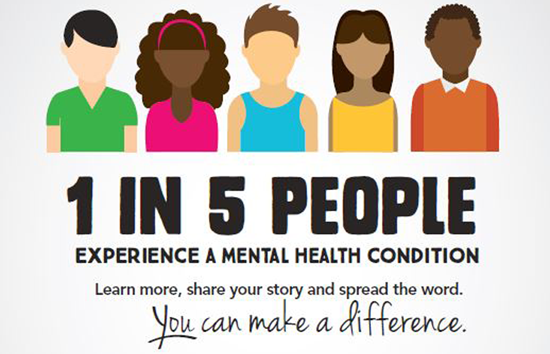 Mental Illness End The Stigma Now By David B Grinberg Thrive Global Medium
Mental Illness End The Stigma Now By David B Grinberg Thrive Global Medium
The Impact Of Stigma On Mental Health Hcm Strategists Llc
 Mental Health Awareness Stigma And Access
Mental Health Awareness Stigma And Access
So You Want To Impact Mental Health Stigma Here Is Your Chance Hogg Foundation
 Barber Mental Health Stigma Is Dangerous The Daily Utah Chronicle
Barber Mental Health Stigma Is Dangerous The Daily Utah Chronicle
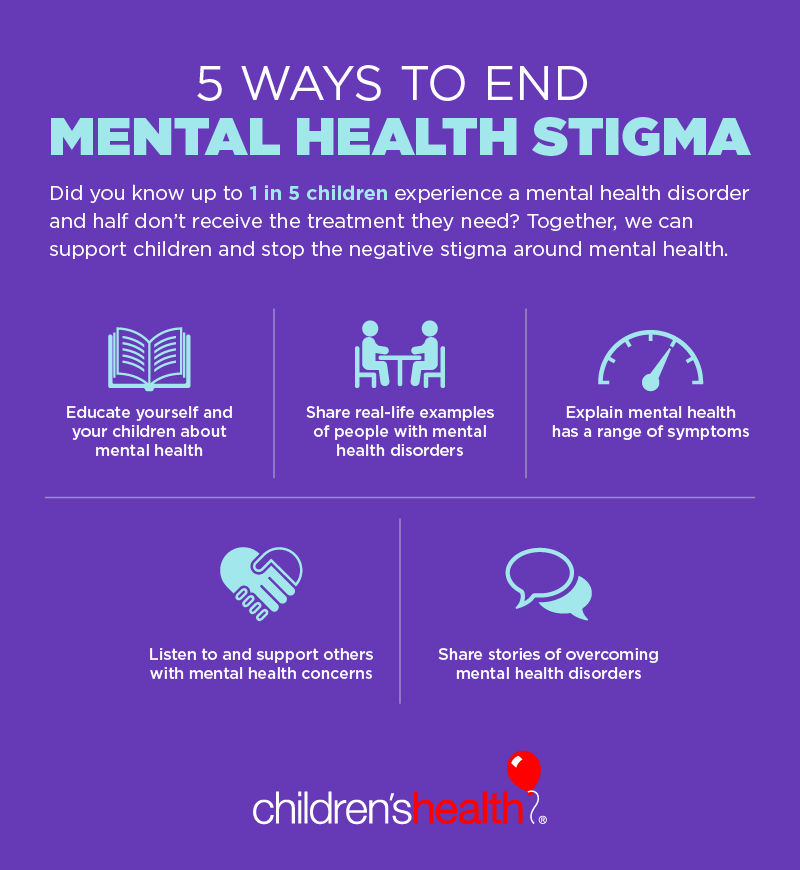 5 Ways To End Mental Health Stigma Children S Health
5 Ways To End Mental Health Stigma Children S Health
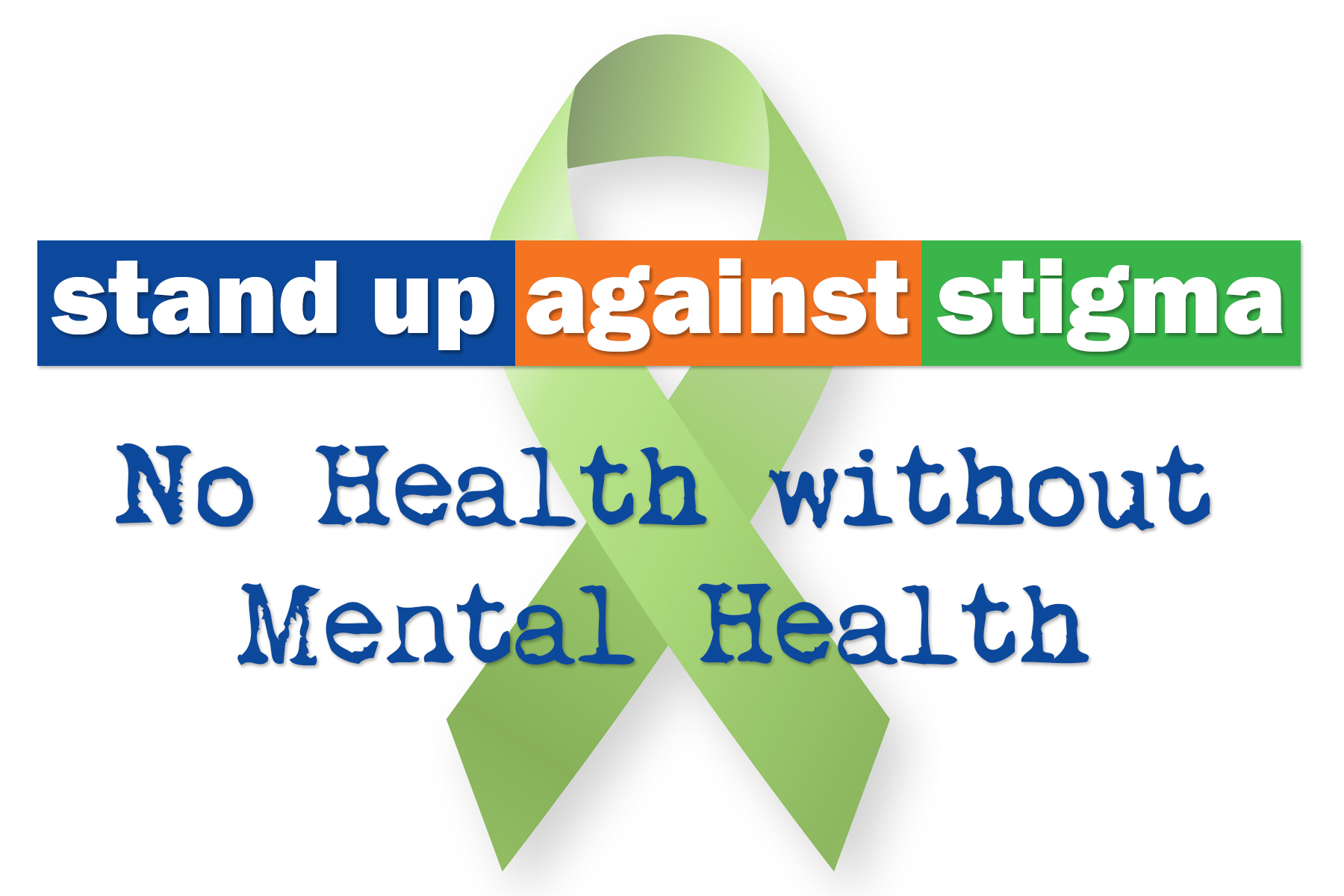 Overcoming The Stigma Of Mental Illness Icanotes Ehr Solutions
Overcoming The Stigma Of Mental Illness Icanotes Ehr Solutions
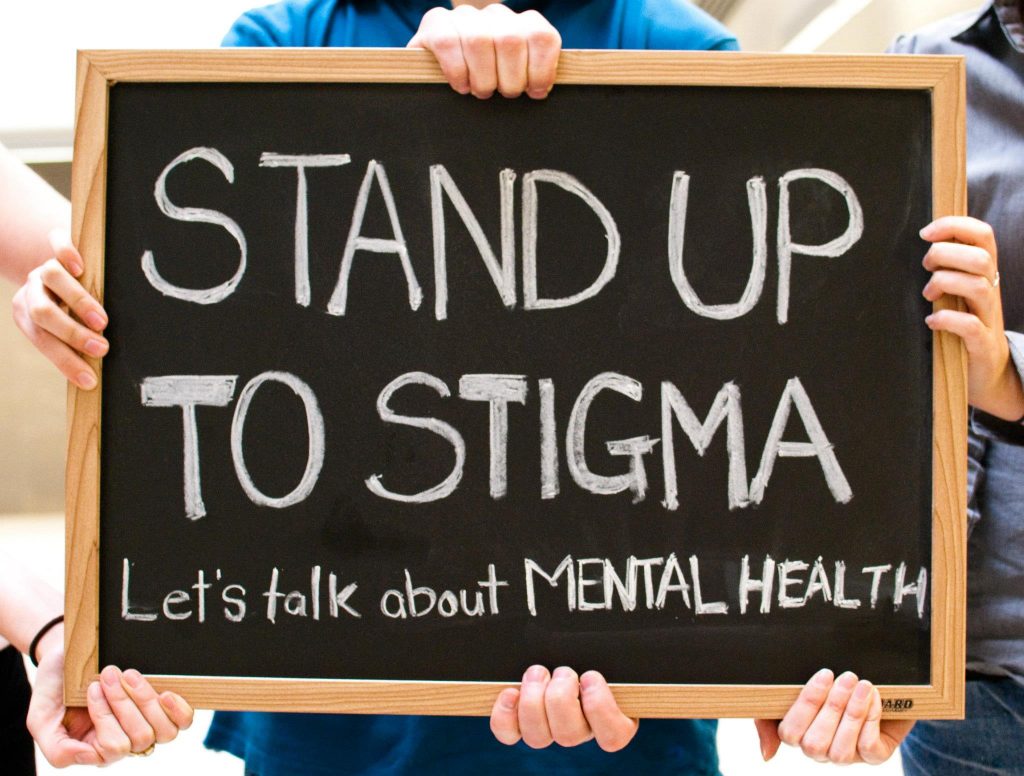 Stand Up Against The Stigma Of Mental Illness Oaks Integrated Care
Stand Up Against The Stigma Of Mental Illness Oaks Integrated Care
 Reducing Self Stigma Mental Health Is As Important As Physical Health Psychological Health Center Of Excellence
Reducing Self Stigma Mental Health Is As Important As Physical Health Psychological Health Center Of Excellence
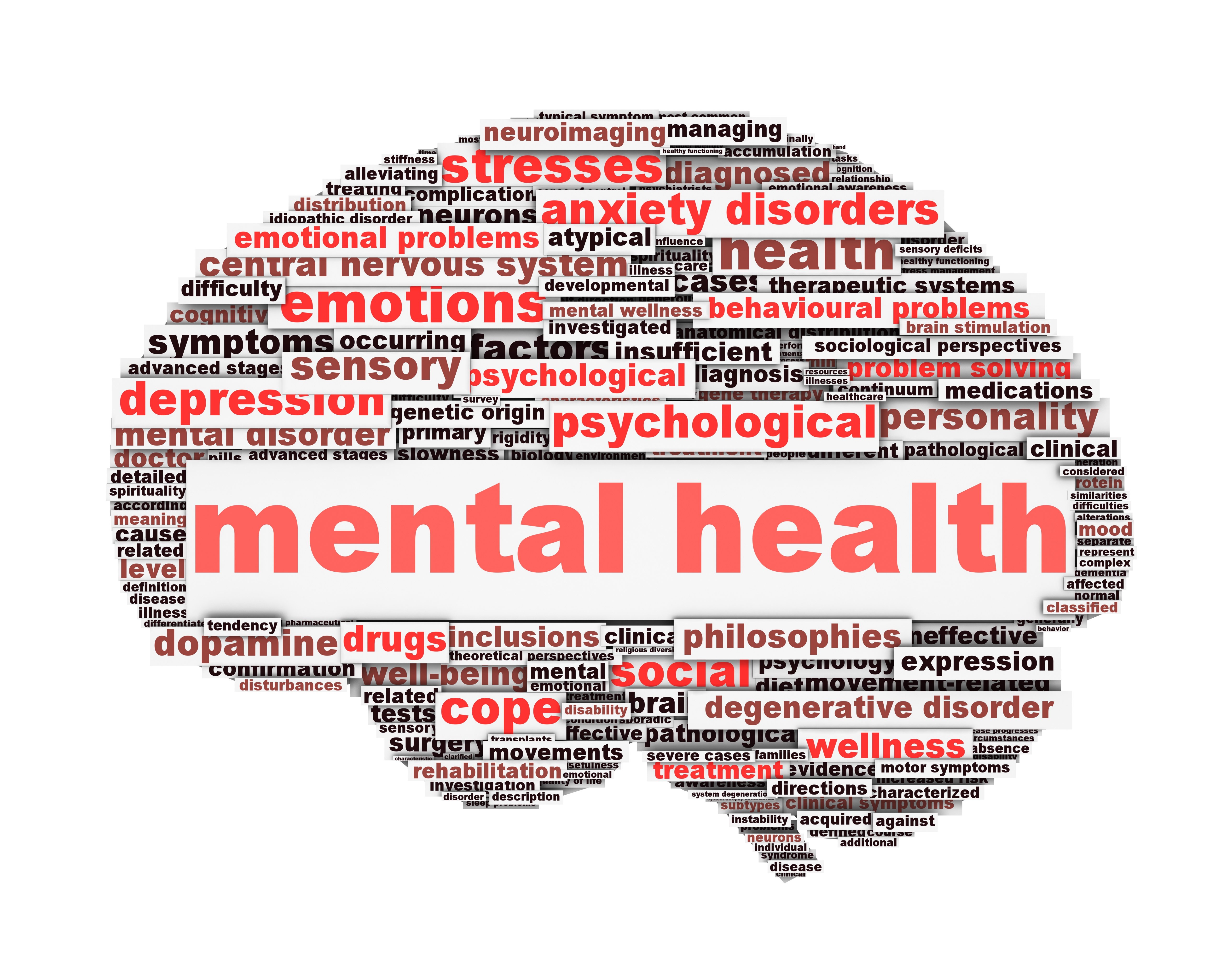 Let S Remove The Mental Health Stigma
Let S Remove The Mental Health Stigma
Stop The Stigma Of Mental Illness Noteworthy Resources
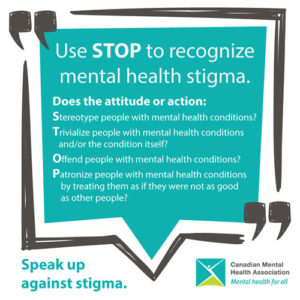
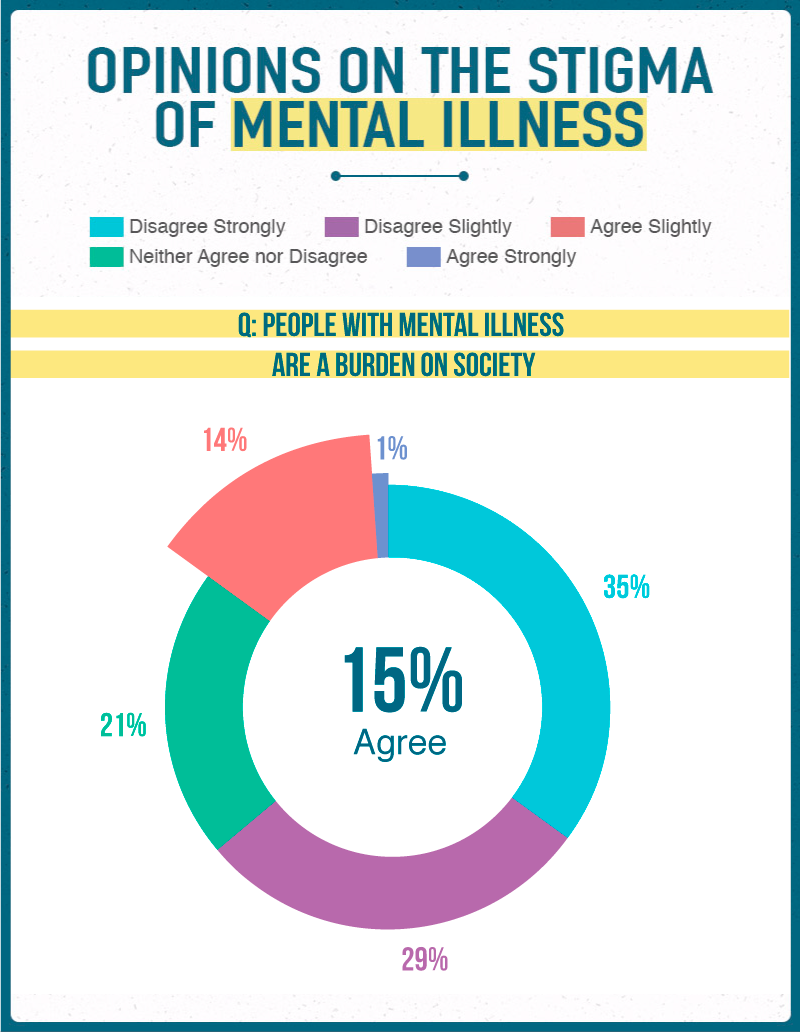
Tidak ada komentar:
Posting Komentar
Catatan: Hanya anggota dari blog ini yang dapat mengirim komentar.